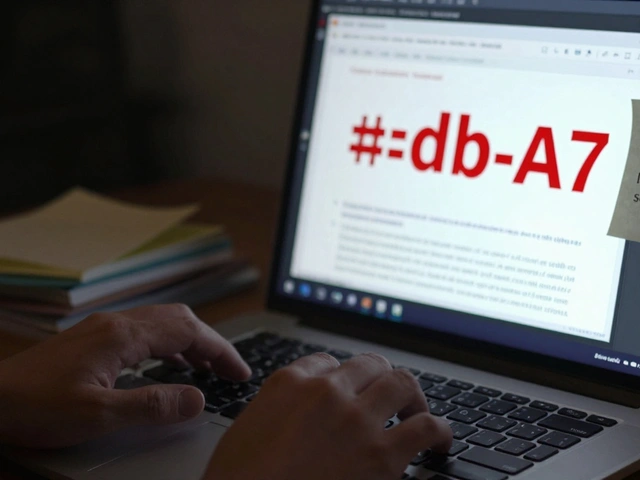Small Market Notability: When Local Topics Qualify on Wikipedia
When we talk about small market notability, the standard used by Wikipedia editors to decide if a person, organization, or event from a limited geographic or niche area deserves its own article. Also known as local notability, it’s the rule that keeps Wikipedia from becoming a directory of every coffee shop or high school club—while still letting truly impactful local stories live. Not every town hero, family-owned store, or regional festival makes the cut. But many do—if they’ve been covered independently, repeatedly, and in reliable sources that aren’t written by the subject themselves.
Wikipedia doesn’t care how big the audience is. It cares if the coverage is real. A small-town newspaper article that details how a local bakery saved its community after a flood? That counts. A press release from the bakery’s website? That doesn’t. The same goes for indie musicians, neighborhood activists, or school clubs that made headlines in regional media. The key is reliable sources, independent publications that verify facts and provide context, not promotional material. These can include local newspapers, academic journals, radio broadcasts, or even well-documented community archives. Without them, even the most beloved local figure won’t get a page.
This isn’t about elitism. It’s about trust. Wikipedia’s strength comes from its reliance on evidence, not popularity. When editors apply Wikipedia guidelines, the community-written rules that determine what belongs on the site to small market cases, they’re protecting readers from misinformation disguised as local pride. You’ll find dozens of articles on Wikipedia that started as niche topics—like a single-town theater group that got reviewed by a state arts council, or a volunteer fire department that received a national safety award. These aren’t big names, but they’re notable because someone outside the circle took the time to write about them.
And that’s where you come in. If you’re trying to create a page for a local entity, don’t just list facts. Find the coverage. Dig into library archives. Contact journalists. Look for mentions in newsletters, city council minutes, or historical societies. If you can point to two or three independent sources that treat the subject seriously, you’ve met the bar. It’s not about how many people know about it—it’s about whether it’s been documented by people who aren’t paid to promote it.
What follows is a collection of articles that explore how Wikipedia’s rules work in practice—from how editors debate notability in rural towns, to how systemic gaps leave some communities underrepresented. You’ll see how policies like due weight and reliable sourcing shape what gets published. You’ll learn how volunteers fight to include local voices without breaking the rules. And you’ll find real examples of small market topics that made it—because they had proof, not just passion.
How to Get Local Topics Accepted on Wikipedia: Meeting Notability in Small Markets
Learn how to meet Wikipedia's notability standards for local topics in small markets, avoid common deletion pitfalls, and use reliable sources like archives, government reports, and regional media to get your community's history documented.





